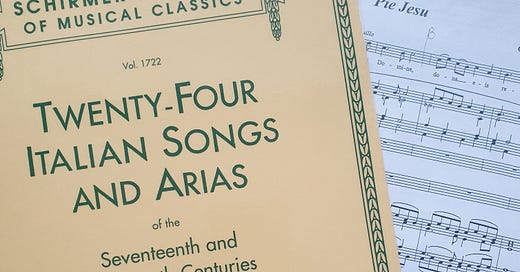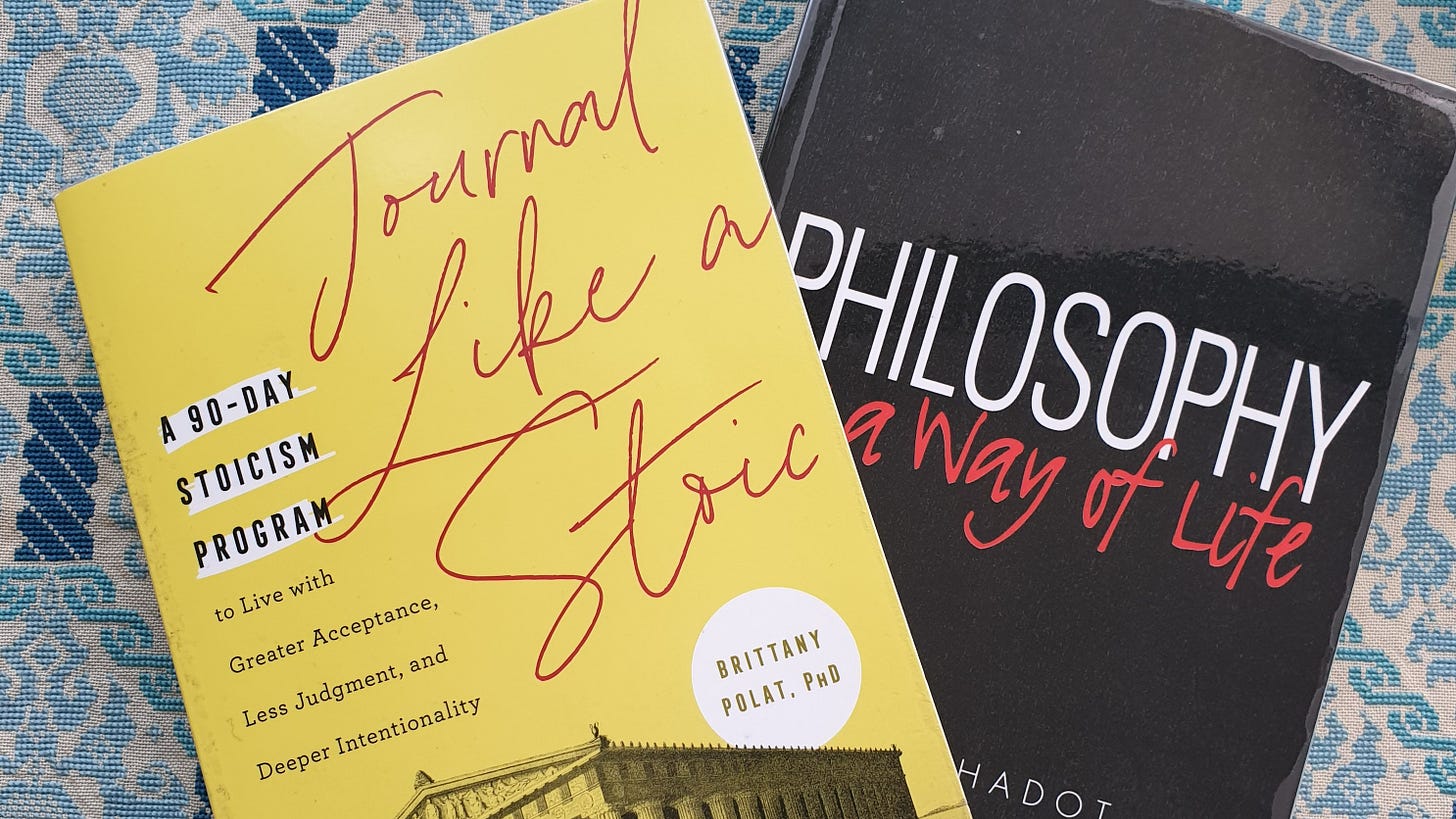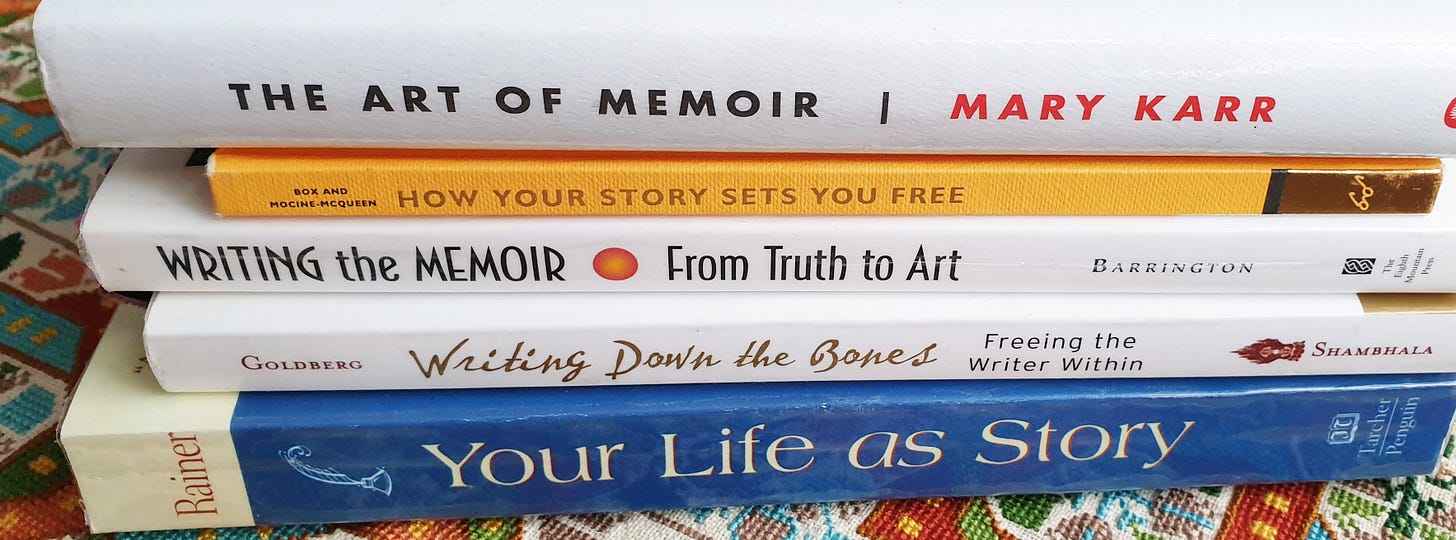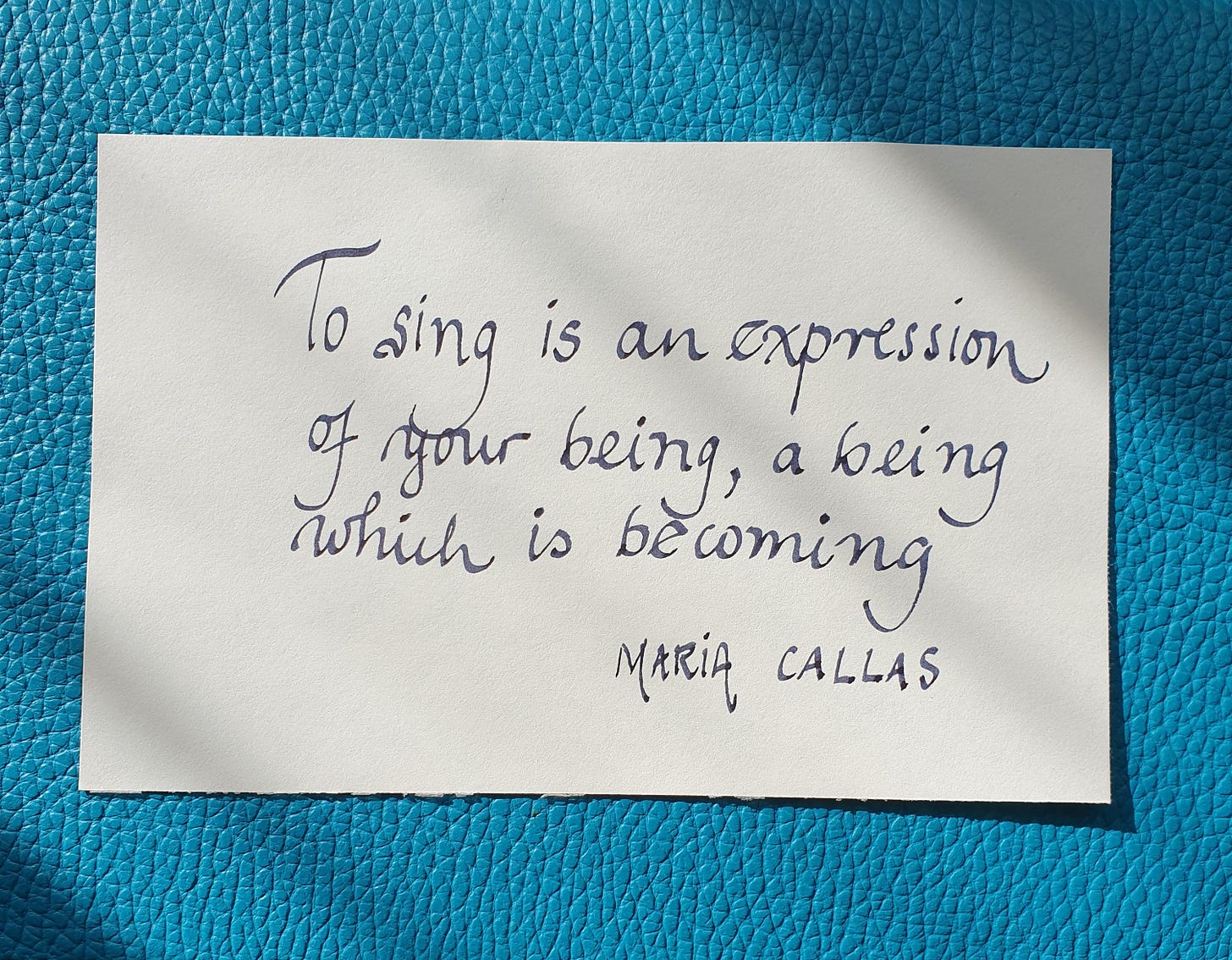Aspects of the 'voice'
Is there a connection between the writing and the singing voice?
Have you ever considered that the singing and the writing voices might be connected? I’ve had this fanciful idea for some time, and last January I set out to test it by enrolling in a singing class.
The last time I was in a singing lesson was 36 years ago, when my friend Kostas and I enrolled in a music school in Athens. We sat in each other’s lessons, as we moved up and down scales on the piano. Our teacher, Mitsakis, a middle-aged baritone, recommended exercises to strengthen the abdominal wall, demonstrated diaphragmatic breathing, explained mask resonance. I did everything I was told, the breathing and the physical exercises. But as I went up the scales, I always did the opposite of what I should do: contracted the throat instead of opening it, as if I was afraid of how big the voice would be.
“Stand in front of the mirror and open wide,” Mitsakis recommended, “as if you want the doctor to see your tonsils without using the wooden thingy. Keep opening and closing the space until it becomes second nature. Do it every day for a few minutes.”
I added this exercise too, with all the grace of a turkey. Still, as I went up the notes, I couldn’t help constricting the throat - although technically, I should say the throat constricted itself, as if it had a mind of its own. My own mind whispered, it won’t come out nice, it will be too loud.
“What is it then? Let the voice out!” Mitsakis exclaimed.
“When I sing in the bath, Baba says my voice is too loud.” (I shampooed to La Donna è Mobile, transposed to the soprano voice, applied conditioner to the notes of Addio del Passato and towel-dried hair as I alternated between the soprano and baritone parts from Act 4 of Il Trovatore. Baba, characteristically tactful, said, “Sofia mou, isn’t your voice a little bit too loud? Maybe?”)
“Your father is not here now – let it all out, it’s fine.”
I couldn’t. Instead of persevering I gave up. My inner voice whispered, you are too shy to sing in front of people; you will never make an international career as a singer, so you might as well give up.
So I did. It took me decades to realise that giving up singing would turn out to be momentous on different levels. The singing voice is the only musical instrument one carries at all times from birth until death, housed in and protected by the case of the body, tuned into everything that happens. I decided to keep mine locked in there, where it stayed until, decades later, I met up with Kostas again, who didn’t give up on his voice coaching and was now coaching young singers to stardom. He reminded me that I had the makings of a lyrical soprano voice and encouraged me to take it up again. Shortly afterwards lockdown happened (or rather openup - for me): the London Writers’ Salon started the hugely successful daily writing hours; Kostas started sharing material and singing tips over WhatsApp.
Fast forward to this year’s singing class. On the very first session the tutor asked round the class why we’d joined. Members said, to feel better, to start the week on a cheerful note, for the feeling of belonging to a group. All of these applied to me too, but I mostly wanted to test the hypothesis that the physical voice and the writing voice are intimately connected experientially, and to examine whether unblocking the one would unblock the other, more like the one feeding in and affirming the other in a circular way. I simply said, to see whether singing might help with my writing.
At the last session of the singing class, every class member would present one of the songs we worked on. The eldest class member rose to his feet, a little unsteady. ‘My Funny Valentine, A minor’ he told the pianist.
Behold the way our fine feathered friend his virtue doth parade…
His voice trembled initially - was it nerves? He warmed up.
But don’t change a hair for me/ Not if you care for me
He raised his arms and the note hit the back of the auditorium, where I sat.
Stay, little Valentine, stay…
I felt he was addressing someone who wasn’t there. I got tearful, in the spontaneous way tears come when grieving. He came to rest on Each day is Valentine’s Day.
I chose to sing ‘Pie Jesu’ from Fauré’s Requiem which I had practised a lot at home. This was the very first time I sang in front of a full class, but surprisingly, I felt less nervous than I thought I would be. It was nowhere near perfect, and I took breaths at the wrong places, but the voice soared easily, and came down smoothly at the diminuendos.
At the end of the session, the instructor summed up the whole course. These are my notes from memory, addressing myself as ‘you’, Marcus Aurelius’ style.
Everyone has an Inner Critic that focuses on the weaknesses and over-analyses what went wrong in every performance. But the way your work is received by others can be very different: you never know what chord you will touch with something that you thought was only mediocre, even weak. Move beyond the Inner Critic and continue to do what you’re doing; it’s through doing - not thinking, not criticising - that you will improve. Recognise what you do well, accept that you need to work on some areas, but always remember that if you are authentic, the work will touch others.
This insight applies not only to writing and all creative expression but to the totality of life: start - and stay - with yourself rather than wasting your energy on others and the outside world. (I should know: I’ve done it for so long, that thankless waste of energy.) Although the tutor mentioned that the work may touch others, I understood his main point to be on one’s authenticity: this above all; to thine own self be true.
Once again I return to the Stoic Dichotomy of Control: rather than dissipating my energy on how the writing/song may be received (which I do not control), my focus had better be on channeling my energy on the work and on giving it my best shot (which I do.)
Back to the initial hypothesis: the idea turned out not to be fanciful after all. It seems to be working so far in my case. Line by line, note by note, things seem to be moving forward, while I am gradually learning not to keep looking over my shoulder, but straight ahead. I’ll stop here, lest I jinx the whole thing.
Have you had an experience of unblocking the writing through another creative practice or physical activity? Or the other way round? I’d love to hear about it!
The rest of the strands…
The Stoic Salon
Two inspiring events led by community members are already underway at the Stoic Salon. Will you join us? New friends are always welcome.
We are now working through Pierre Hadot’s Philosophy as a Way of Life and meet up every other Saturday (log in to slack and join the pierre-hadot channel). Next meetup is planned for Saturday 15 April 2023, 4-5 pm BST.
We’ve also started daily journaling with Brittany Polat’s Journal like a Stoic. This is a 90-day programme arranged in three 30-day courses. The first course started on Monday 3 April 2023 and is called “Examining the Inner Critic.” A coincidence? Or messages from the universe? (log in to slack and join the journal-like-a-stoic channel)
Memoir and Life Writing
The Memoir and Life Writing group at The London Writers Salon, continues to meet up on the 1st and 3rd Thursday of each month, to get to know each other, talk about our work and share experiences and resources.
The next community meeting of the Memoir and Life Writing group is on Thursday 20 April, 5-6 pm BST, when we will share ideas about memoir structure.
If you would like join hundreds of other writers writing in community, join the free Writers’ Hour; one of the four daily sessions is bound to fit in with your daily schedule. We can’t wait to welcome you and to write together!








Such a lovely piece of writing, Sofia. It inspires me--not to sing, because I'm terrible at it, but to be myself, in writing and in the rest of life, too. Thank you.
Oh, Sofia, I loved this piece. Singing brings joy to the singer and the listener. I had also missed singing for many years and started again in my 60s in two 'ethnic choirs' (I live in Australia and we sing in diaspora community languages, one sings in various Italian dialects and the other sings in Latvian.) Being groups, our own 'voice' does need to blend, but I still see the correlation between singing and writing as creative pursuits. Both involve doing the work to improve in certain areas, giving kudos for a job well done, authenticity. You don't own a choral piece like you do a solo effort, but as a team it is brilliant to create a sound that uplifts or simply entertains. Keep singing out, sister!